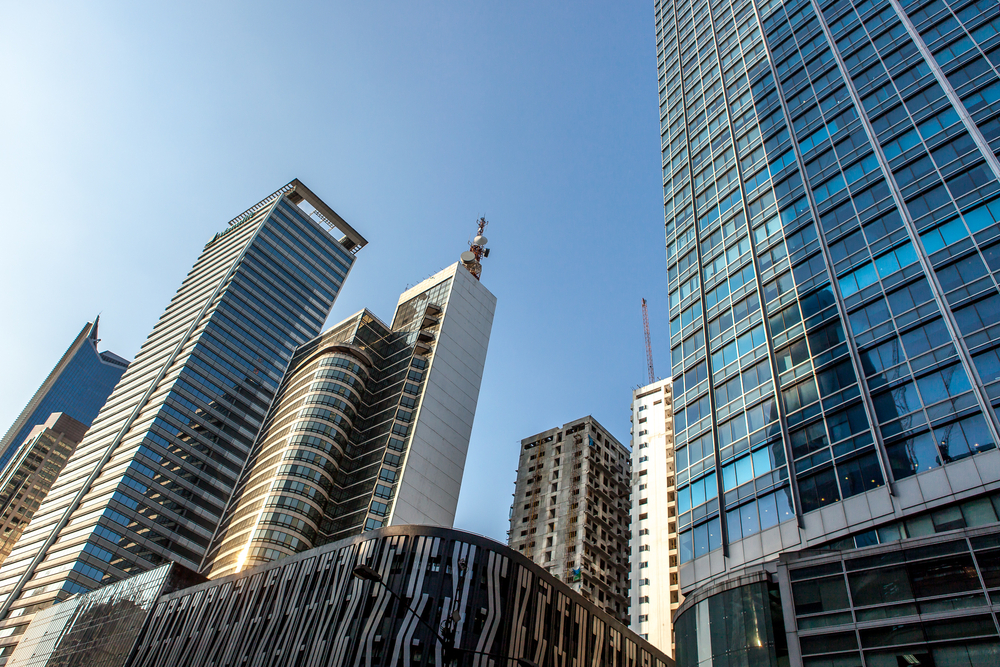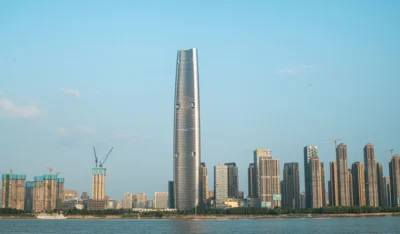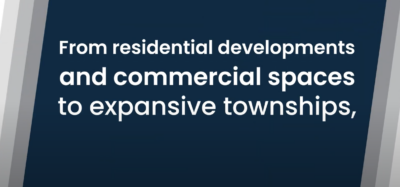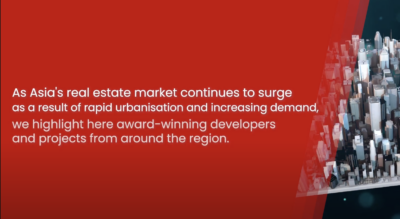Philippine home prices rise for seven quarters
Rising condominium costs power residential property price increases in Manila
The Philippine central bank’s residential real estate price index (RREPI) rose 3.1 percent on average in the year to the first quarter of 2019, marking the seventh consecutive quarter of home price increases in the country.
Standing at 119.9 from 116.3 a year ago, the index measures the change in prices of various types of housing units, from condominiums and duplex units to landed homes, according to data from housing loans extended by banks.
The index also increased 1.6 percent quarter-on-quarter. Annually, prices of condominium units and townhouses increased by 10.9 percent and 9.6 percent, respectively, the central bank reported.
Duplex units and single-detached housing units, however, saw their prices drop eight percent and 1.7 percent, respectively.
More: Property markets outside Manila to grow by 2022
Both Metro Manila or the National Capital Region (NCR) and provincial areas saw marked increases, at 8.7 percent and 0.4 percent, respectively.
“In [NCR], the rise in the average residential property prices was largely due to the increase in the prices of condominium units. In areas outside NCR, all types of housing units registered price increases, except for single detached houses, which recorded a decline,” the central bank reported.
Around 74 percent of residential real estate loans (RRELs) were applied on the purchase of new housing units in Q1 2019, with 46.2 percent of loans used for acquiring single detached units.
Recommended
6 developments driving Asia’s green real estate shift
Developers are being incentivised to push a green agenda into daring new realms
The Philippines’ LIMA Estate drives sustainable industrial growth
LIMA Estate models a citywide vision that uplifts workers while appealing to climate-conscious employers
Malaysia property market rebounds with foreign interest and growth
The nation’s property market is stirring to life, fuelled by foreign buyers and major infrastructure drives
China’s renewable energy surge redefines housing norms and development
From exporting solar panels to building entire green-powered neighbourhoods, China’s renewable surge is redefining housing norms








